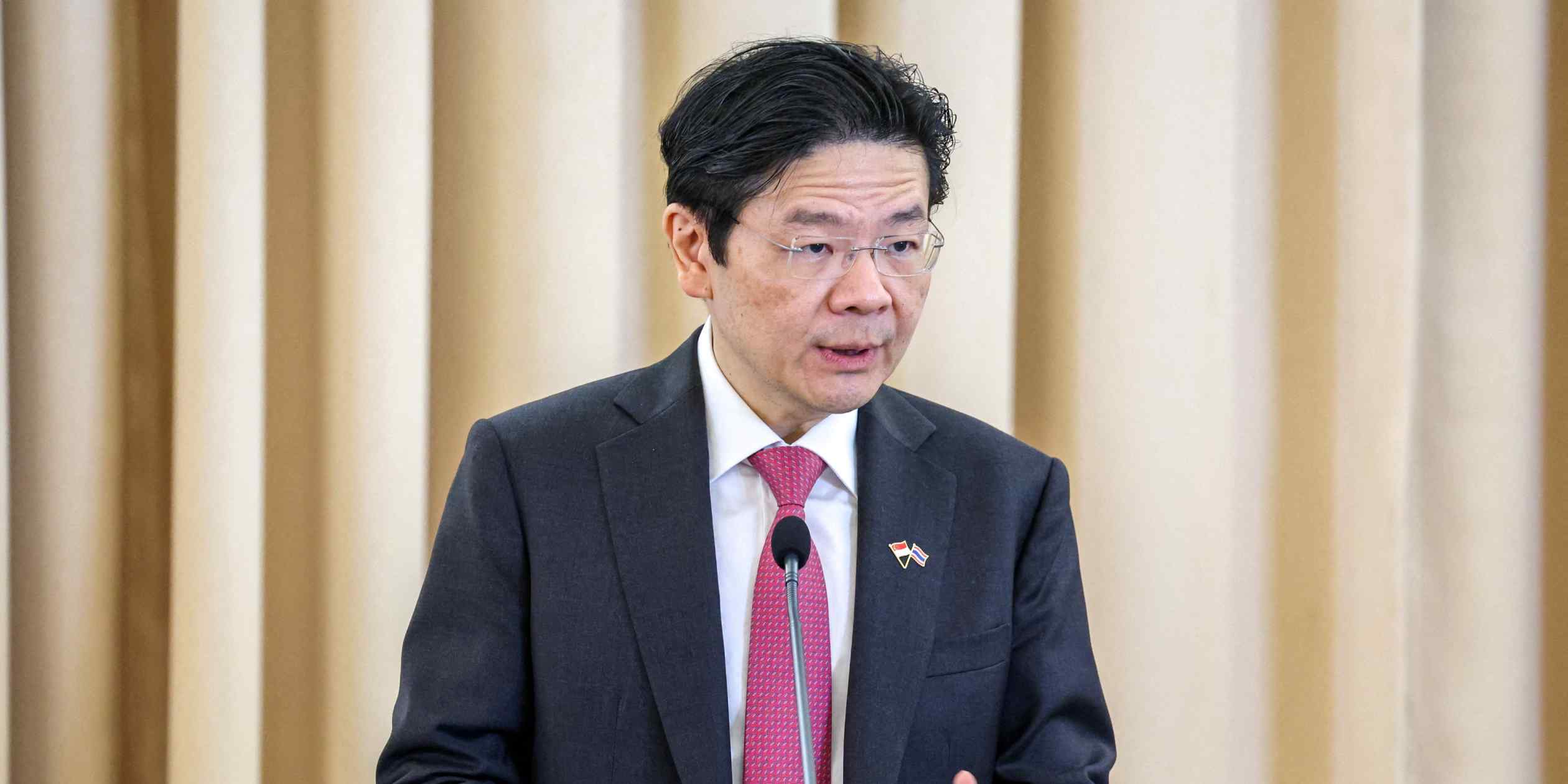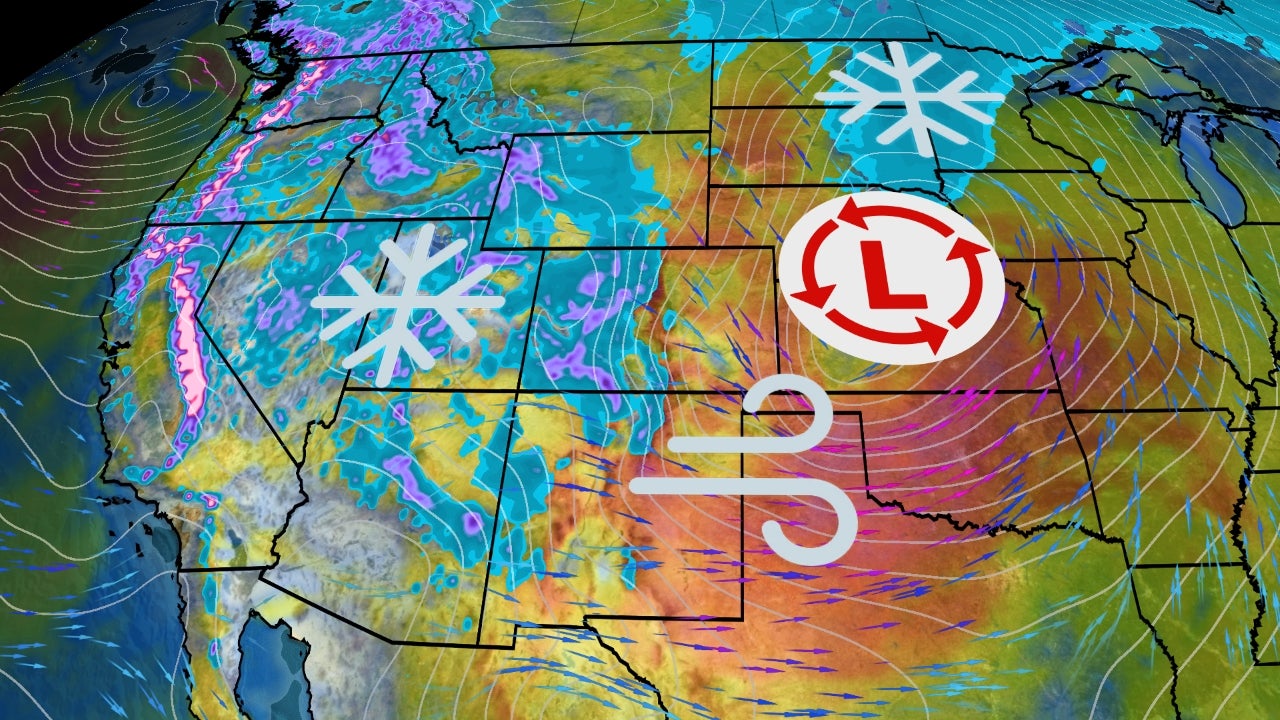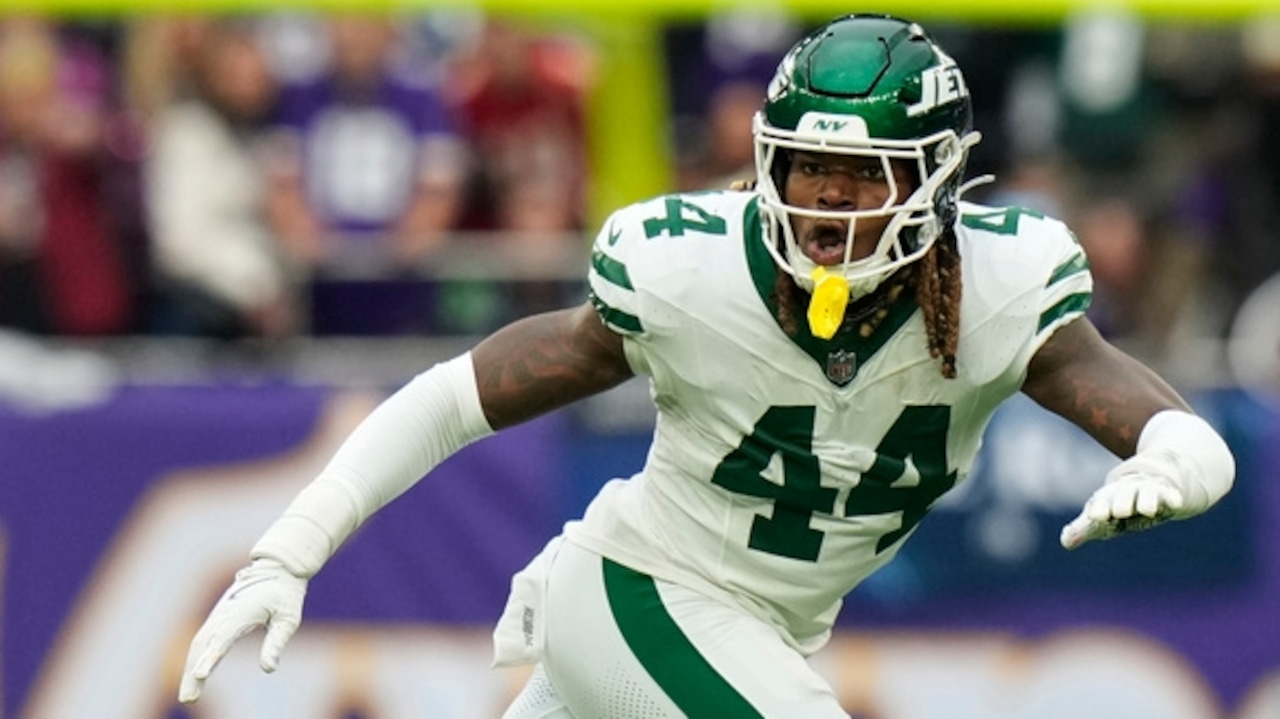Beyond The Superpowers: Examining Trauma In DC's Doom Patrol Series

Welcome to your ultimate source for breaking news, trending updates, and in-depth stories from around the world. Whether it's politics, technology, entertainment, sports, or lifestyle, we bring you real-time updates that keep you informed and ahead of the curve.
Our team works tirelessly to ensure you never miss a moment. From the latest developments in global events to the most talked-about topics on social media, our news platform is designed to deliver accurate and timely information, all in one place.
Stay in the know and join thousands of readers who trust us for reliable, up-to-date content. Explore our expertly curated articles and dive deeper into the stories that matter to you. Visit NewsOneSMADCSTDO now and be part of the conversation. Don't miss out on the headlines that shape our world!
Table of Contents
Beyond the Superpowers: Examining Trauma in DC's Doom Patrol Series
DC's Doom Patrol isn't your typical superhero show. While boasting a roster of bizarre and powerful characters, its true strength lies in its unflinching exploration of trauma and its lasting impact. Forget the flashy battles; the real fight is internal, a deeply personal struggle against the ghosts of the past. This article delves into how the series masterfully uses its unique characters to dissect the complexities of trauma, making it a compelling and surprisingly therapeutic watch.
A Team Defined by Their Scars:
The Doom Patrol aren't your average heroes. Each member carries a devastating backstory, a physical or psychological wound that fundamentally shapes their identity. Cliff Steele (Robotman), for instance, grapples with the loss of his human form and the subsequent existential crisis. Rita Farr (Elasti-Woman) battles with body dysmorphia and the constant fear of losing control. Larry Trainor (Negative Man) confronts his repressed sexuality and the isolation brought on by his condition. And then there's Jane, a multifaceted character whose fractured psyche embodies the trauma of abuse.
This isn't simply about showcasing suffering; Doom Patrol uses these narratives to explore various forms of trauma, including:
- Physical Trauma: The series vividly depicts the physical consequences of accidents, experiments, and abuse, showing how these injuries extend far beyond the visible scars.
- Emotional Trauma: The characters' emotional struggles are central to the narrative, illustrating the long-term effects of neglect, abuse, and loss on mental health.
- Intergenerational Trauma: The show hints at the cyclical nature of trauma, showcasing how past generations' suffering can impact subsequent ones.
- PTSD and Dissociation: Jane's multiple personalities are a powerful representation of dissociative identity disorder, a direct consequence of childhood trauma.
More Than Just a Superhero Show:
What sets Doom Patrol apart is its willingness to delve into the nuances of trauma therapy and recovery. It doesn't shy away from depicting the messy, non-linear process of healing. The show subtly encourages viewers to confront their own past traumas, offering a sense of solidarity and hope. The characters' journey isn't always linear; setbacks are inevitable, highlighting the reality of healing and the importance of seeking help.
The Power of Representation:
Doom Patrol's impact extends beyond its insightful portrayal of trauma. The show features diverse characters, including those with disabilities and LGBTQ+ identities, providing valuable representation and challenging societal norms. This inclusive approach further amplifies the show’s message of acceptance and understanding.
Beyond the Bizarre: A Deeper Look:
While the show's bizarre visuals and surreal humor might initially seem to overshadow the heavier themes, they actually serve as a powerful metaphor for the chaotic and often unpredictable nature of trauma and the healing process. The absurdity allows for a less judgmental exploration of sensitive topics, making the emotional core of the story even more impactful.
Conclusion:
Doom Patrol is more than just a superhero show; it's a powerful exploration of trauma and healing, disguised as a darkly comedic and visually stunning narrative. Its willingness to tackle complex issues with sensitivity and nuance makes it a groundbreaking and emotionally resonant series that deserves recognition for its unique approach to storytelling and its positive contribution to the conversation surrounding mental health. If you're looking for a show that will challenge you, move you, and maybe even help you process your own experiences, Doom Patrol is definitely worth a watch.

Thank you for visiting our website, your trusted source for the latest updates and in-depth coverage on Beyond The Superpowers: Examining Trauma In DC's Doom Patrol Series. We're committed to keeping you informed with timely and accurate information to meet your curiosity and needs.
If you have any questions, suggestions, or feedback, we'd love to hear from you. Your insights are valuable to us and help us improve to serve you better. Feel free to reach out through our contact page.
Don't forget to bookmark our website and check back regularly for the latest headlines and trending topics. See you next time, and thank you for being part of our growing community!
Featured Posts
-
 Arsenal Hit By Champions League Format Flaw Uefa Decision Under Scrutiny
Mar 13, 2025
Arsenal Hit By Champions League Format Flaw Uefa Decision Under Scrutiny
Mar 13, 2025 -
 Confirmed Lb Sherwood Back With The Jets On A 45 M Deal
Mar 13, 2025
Confirmed Lb Sherwood Back With The Jets On A 45 M Deal
Mar 13, 2025 -
 New Electoral Boundaries Announced Implications For The Next Singaporean Election
Mar 13, 2025
New Electoral Boundaries Announced Implications For The Next Singaporean Election
Mar 13, 2025 -
 Severe Winter Storm Slams Plains High Winds And Blizzard Warnings Issued
Mar 13, 2025
Severe Winter Storm Slams Plains High Winds And Blizzard Warnings Issued
Mar 13, 2025 -
 Auburn Graduate Bags Biggest Nfl Performance Bonus In 2024 Season
Mar 13, 2025
Auburn Graduate Bags Biggest Nfl Performance Bonus In 2024 Season
Mar 13, 2025
